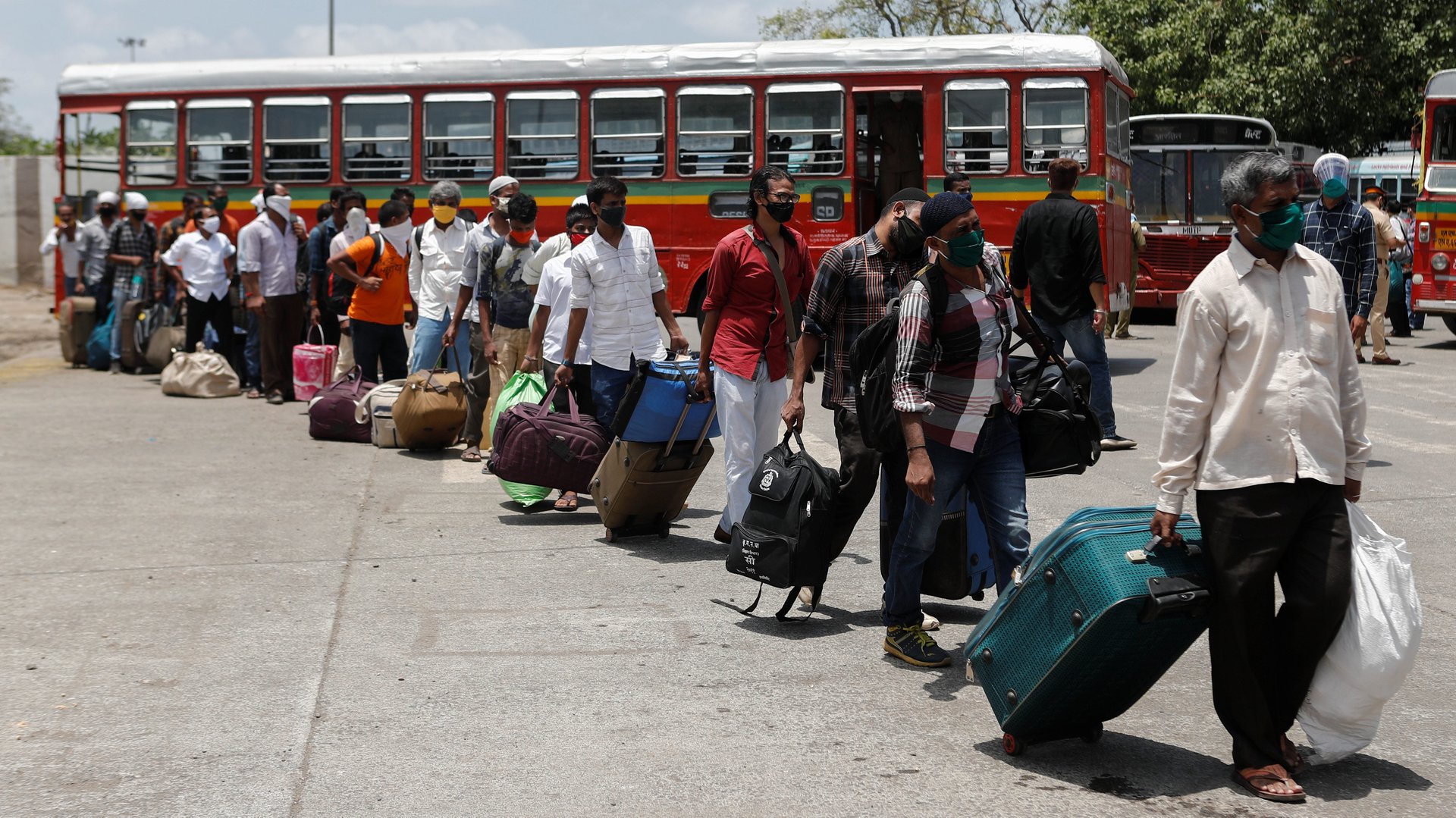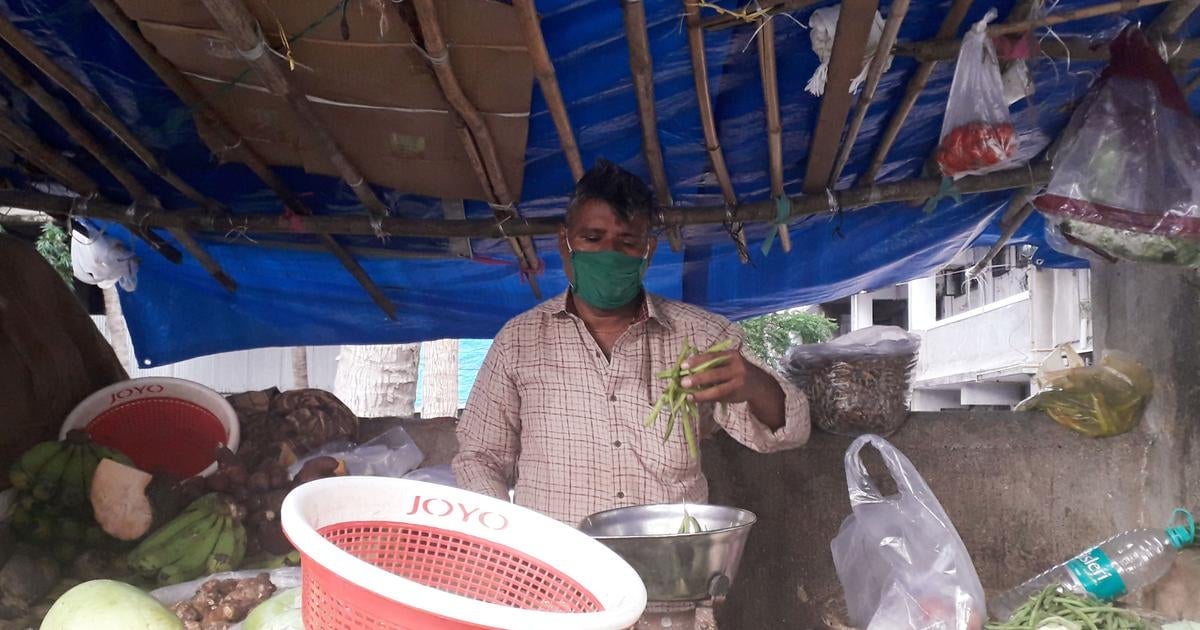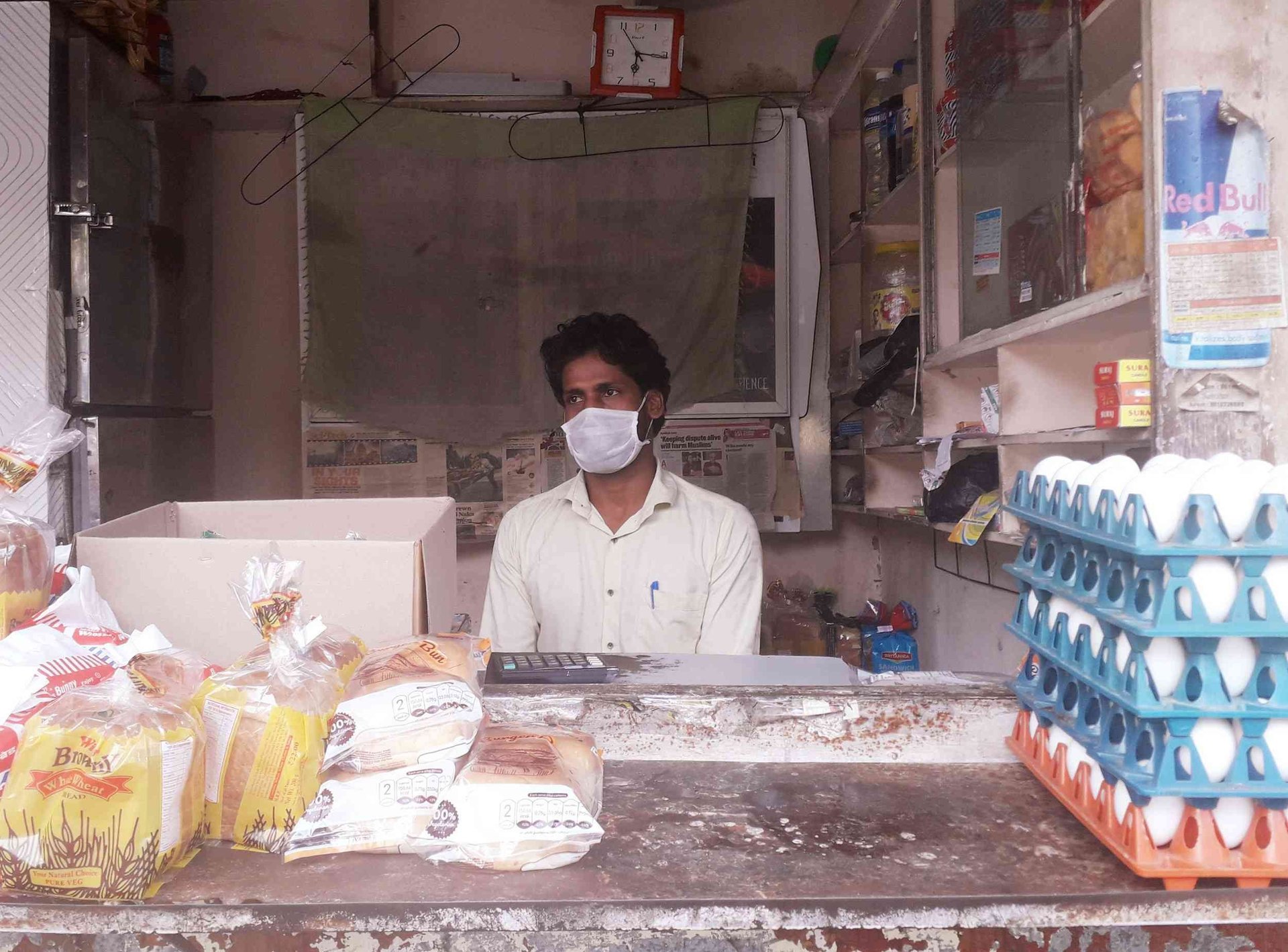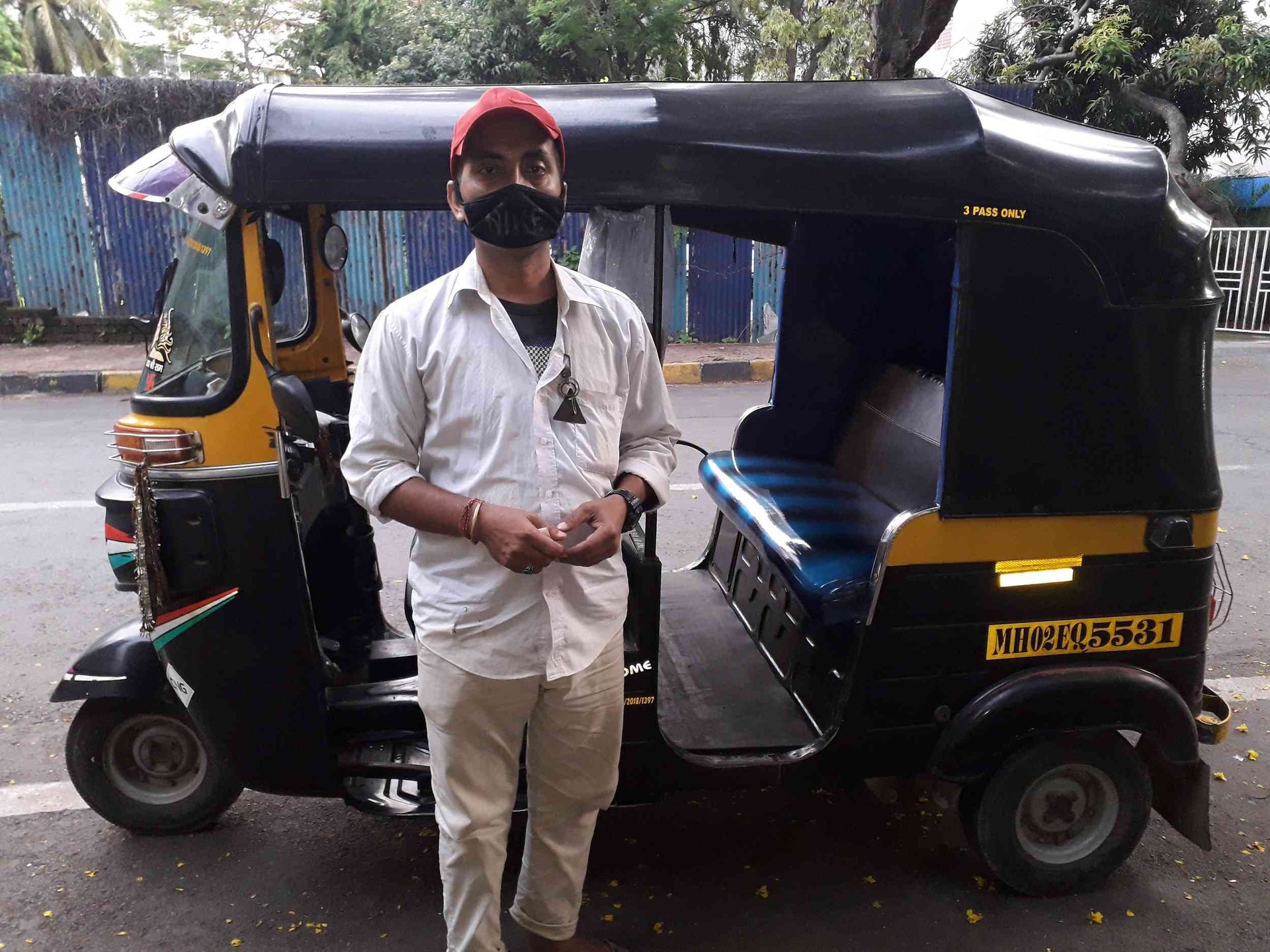In India’s financial capital, small businesses struggle to survive after the migrant exodus
When Shantaram Prajapati’s brother took a Shramik Special train from Mumbai to Gorakhpur last month, it was a practical decision for the family. One brother would go home to their ageing parents, and the other would stay back to run their retail vegetable shop in an upper-middle-class area in Andheri.


When Shantaram Prajapati’s brother took a Shramik Special train from Mumbai to Gorakhpur last month, it was a practical decision for the family. One brother would go home to their ageing parents, and the other would stay back to run their retail vegetable shop in an upper-middle-class area in Andheri.
On most days, however, Prajapati wonders whether he should have left the city too.
“Koi mazdoor nahi hai (there are no labourers),” he said, as weighed green beans for a customer. “Business has dropped by 50% anyway.”
Prajapati was referring to the state of wholesale agricultural markets in and around Mumbai, where hundreds of truck drivers and mathadi workers—those who load and unload heavy goods—are conspicuous by their absence. With more than half of them gone, both wholesale and retail vendors have been forced to scale down their sales.

Like millions of other migrant workers across urban India, these labourers fled cities and made difficult journeys back to their villages after losing work, income, and food security in the aftermath of the Covid-19 lockdown. The lockdown was announced at just four hours’ notice on the night of March 24.
Even though vegetables and fruits are essential goods, their supply was considerably hit by transport restrictions in the early weeks of the lockdown. By the time transport began to ease, however, migrant workers had begun to leave in large numbers.
An estimated 1.1 million migrants have left Maharashtra since the lockdown began, the majority of them from Mumbai. They include daily wage labourers, domestic workers, auto and taxi drivers, and a range of other low-income workers.
Now, megacities like Mumbai are grappling with the absence of essential workers whose services had always been taken for granted. And the privileged classes are not the only ones feeling the pinch: the migrant exodus has also crippled small-scale business owners like Prajapati.
Domino effect
In the suburb of Andheri, for instance, many vegetable sellers have stopped making daily trips to the Agricultural Produce Market in Vashi to purchase their goods.
Before the lockdown, vendors in one area would group together and arrange for three of four trucks to transport their purchased vegetables from Vashi to Andheri—a 30-km distance. “But now the Vashi market is not getting poora maal (full supply). They are selling half of what they used to,” said Prajapati. “We are not getting trucks also to bring vegetables. So most of us just go to smaller markets in Goregaon or Malad and bring what we can in rickshaws.”
Vikas Kumar, who runs a small dairy booth on the same street, says he had been getting limited supplies of milk, eggs, and bread throughout the lockdown, but is still not being able to stock up on the supplementary goods that used to boost his revenue—cold drinks, chips, biscuits, and packaged snacks.
“The manufacturers don’t have enough factory workers, salesmen, loaders or truck drivers—so all the supplies have reduced,” said Kumar. “Many of the big grocery shop owners are going in their own vehicles to get these snack items, but I don’t have the means to do that.”

With his income more than 50% less than what it used to be, Kumar has not been able to pay rent to the owner of his shop. “Thankfully I have good relations with the owner—I know many other small shops that had to shut down during the lockdown.”
With migrant workers gone from the city’s slums, Kumar has also lost a small number of his customers. But for Munaf Sheikh, a young mobile accessory vendor on the same street, the loss of customers has been debilitating.
“I do simple mobile repairing and sell cheap China-made mobile covers and chargers—most of my customers were local labourers,” said Sheikh, 23, who lives with his parents, wife and baby son in the Ganesh Nagar slum. “I did not earn anything for almost three months, and now my dhandha is down by 70% at least.”
Sheikh re-opened his shop on June 12, and is currently trying to sell off his old stock. “New maal (goods) is available, but at double the price. I can only buy it when things get back to normal, but when will that be?”
Empty neighbourhoods
The disappearance of normalcy is visible in the slums that Sheikh, Prajapati and Kumar live in. Ganesh Nagar, Shiv Nagar, Kapaswadi and several other slum pockets in Andheri have emptied out with the migrant workers, their windowless one-room homes bolted and locked, left in the care of the few neighbours who chose to remain in the city.
“In my friend’s basti (slum), thieves have already stolen things from the locked rooms,” said Pravin Kumar Mishra, an auto driver who lives in Kapaswadi with his wife and two children. “My basti is safe, but 80% of the people have gone.”
Mishra’s parents have been calling him back to their village in Bihar’s Sitamarhi district, but he lists three reasons for why he chose to stay. “We are landless, we will have no work in the village, and if I had left, my children would have lost at least a year of school, if not more,” said Mishra, who fears many of his friends and neighbours might get stuck in their villages because of inter-state politics between Uttar Pradesh and Maharashtra.
“Yogi sarkar is saying they want to keep their mazdoor in Uttar Pradesh, and Maharashtra is saying mazdoor will have to get permits to come from outside,” said Mishra. On May 24, UP chief minister Yogi Adityanath had claimed that other states would have to seek permission if they wanted migrant workers from UP back. In response, Maharashtra political leader Raj Thackeray claimed that migrant workers should have to seek the state’s consent to work in it.

In the absence of an income for two months, Mishra’s family had to rely on the benevolence of his children’s school teachers in order to sustain themselves. “I also had to sell my wife’s gold, worth Rs80,000, for just Rs40,000,” said Mishra, who used to earn Rs500 ($6) a day before the lockdown and now barely makes Rs100 a day. Last week, he took up an additional job as a night watchman to make ends meet.
“When everything is opened up in the city, Mumbai is going to have a major shortage of autos and taxis for a long time,” he said.
This article first appeared on Scroll.in. We welcome your comments at [email protected].